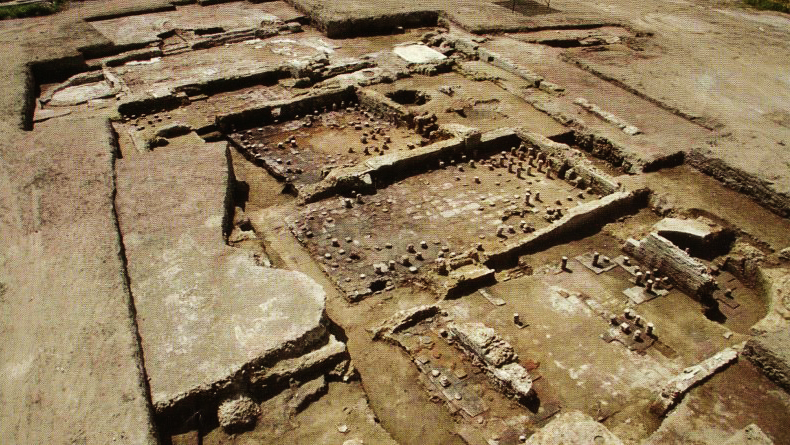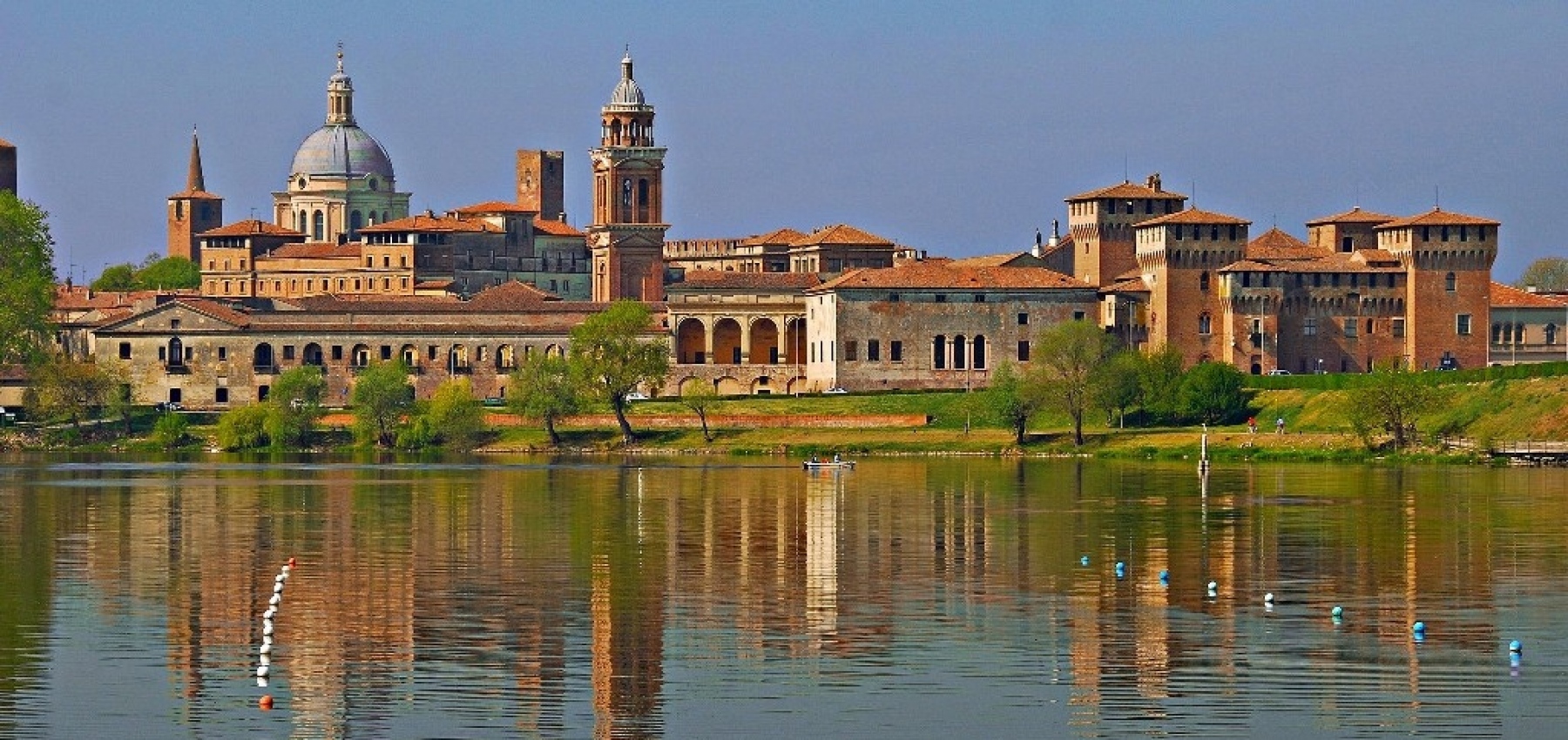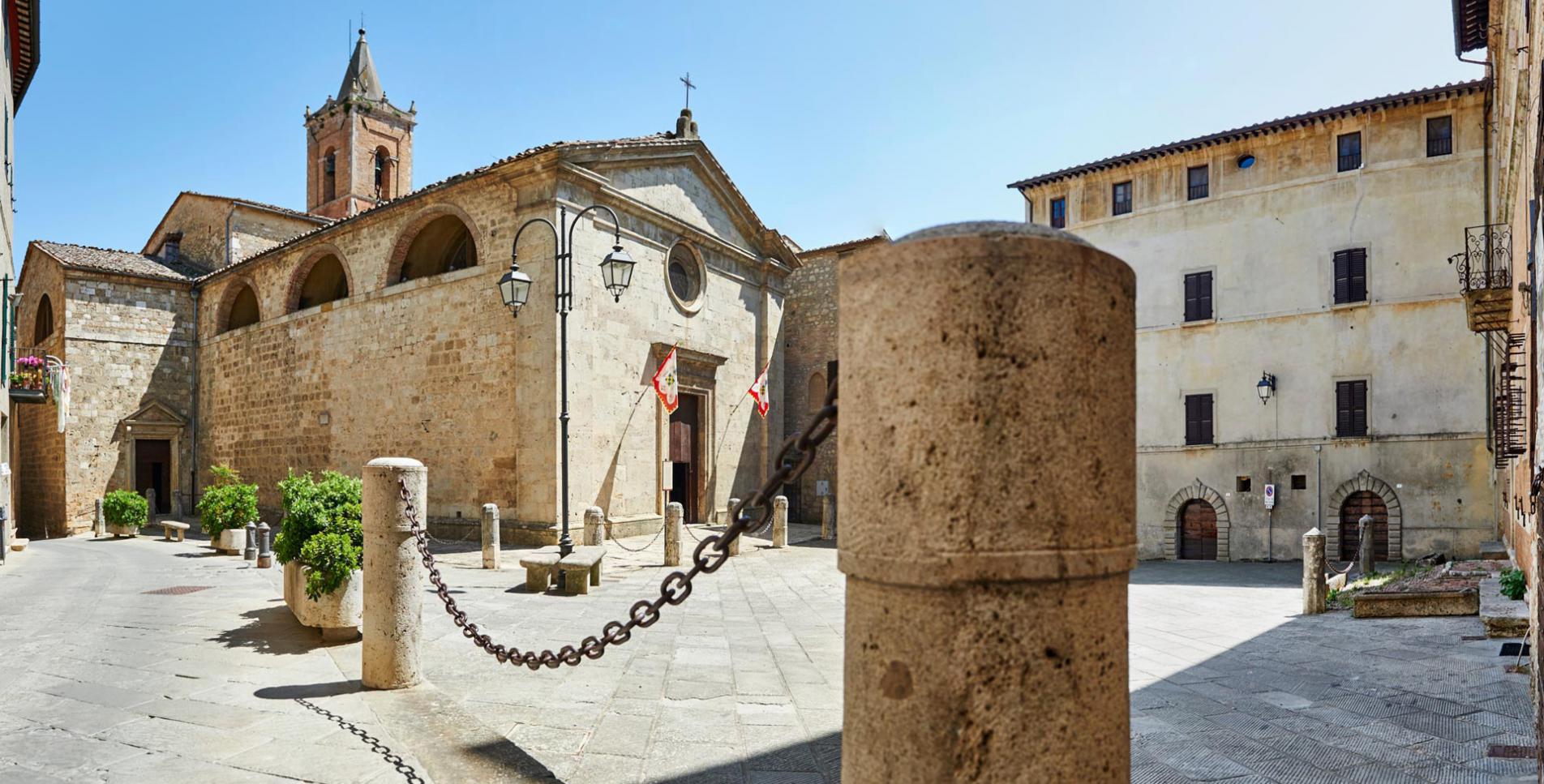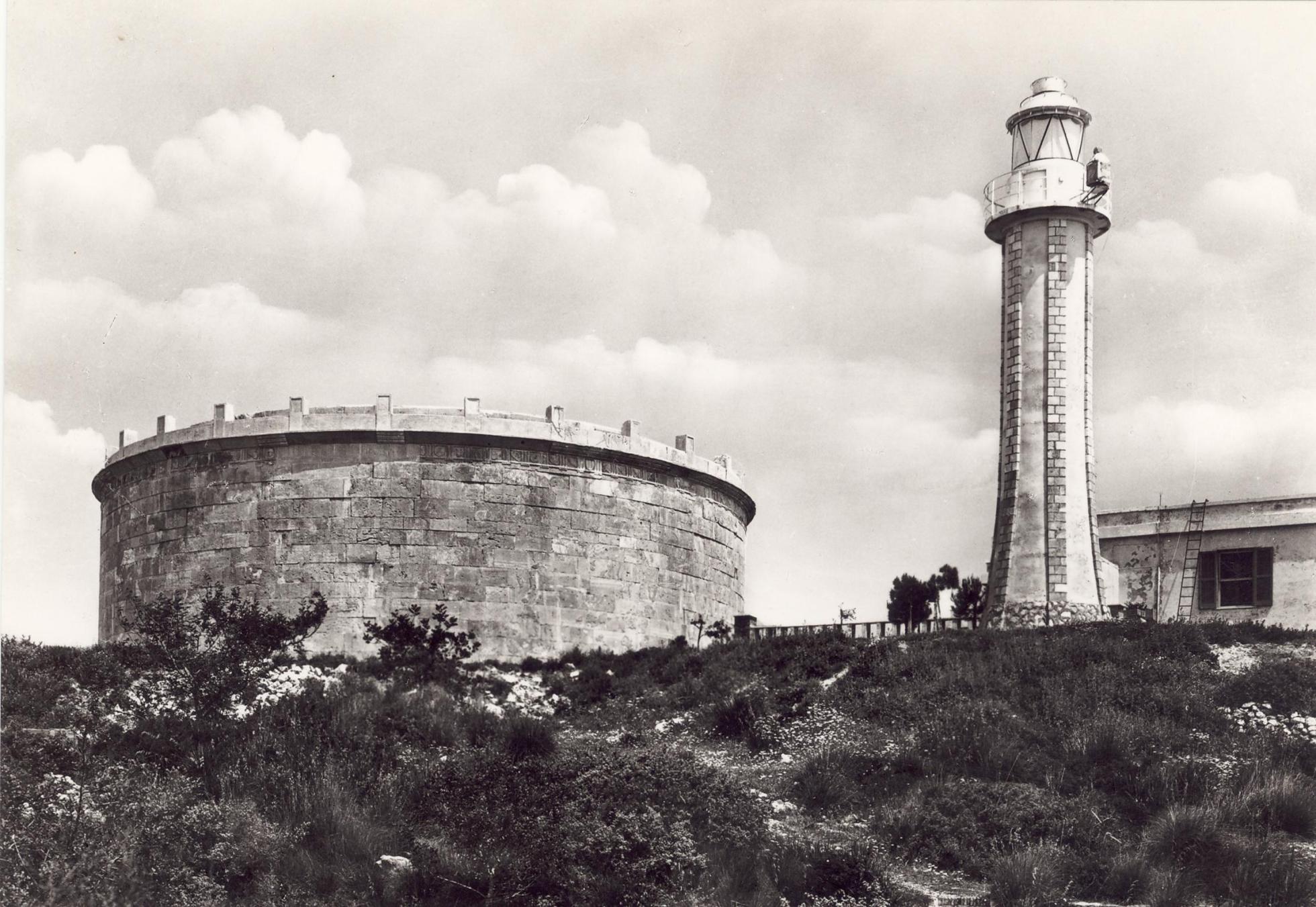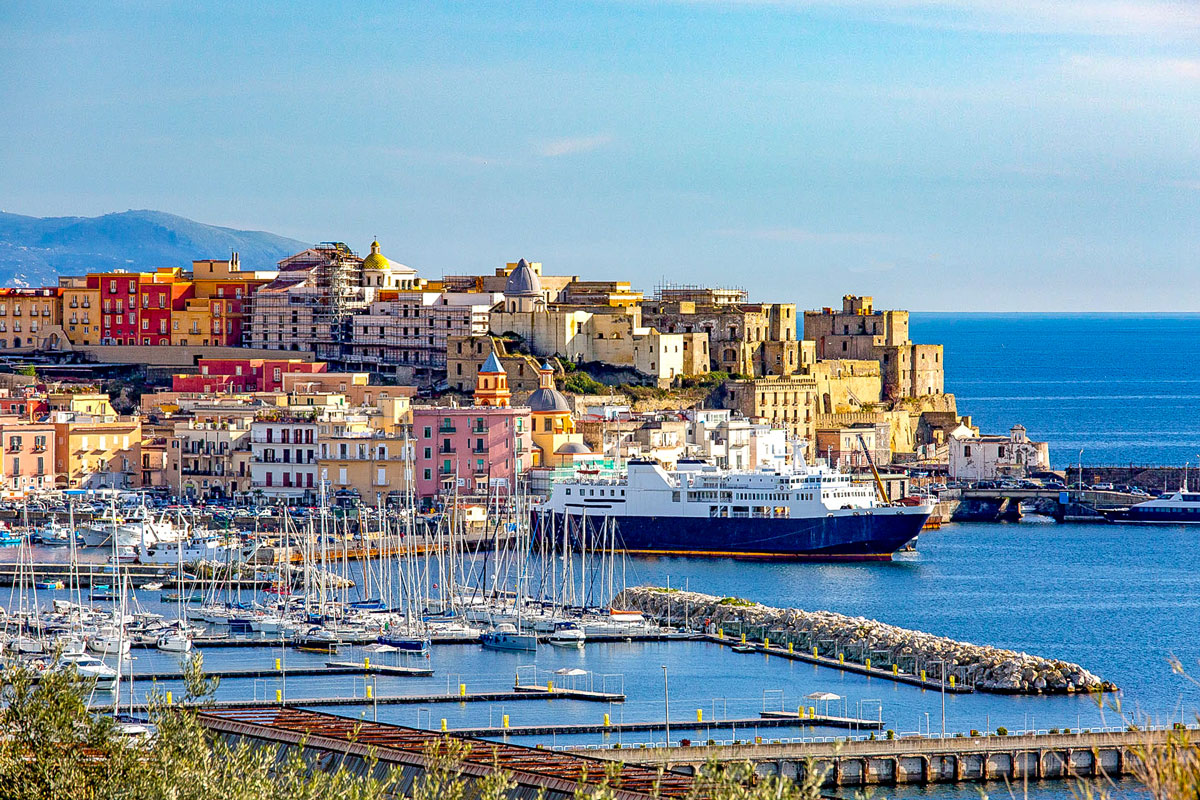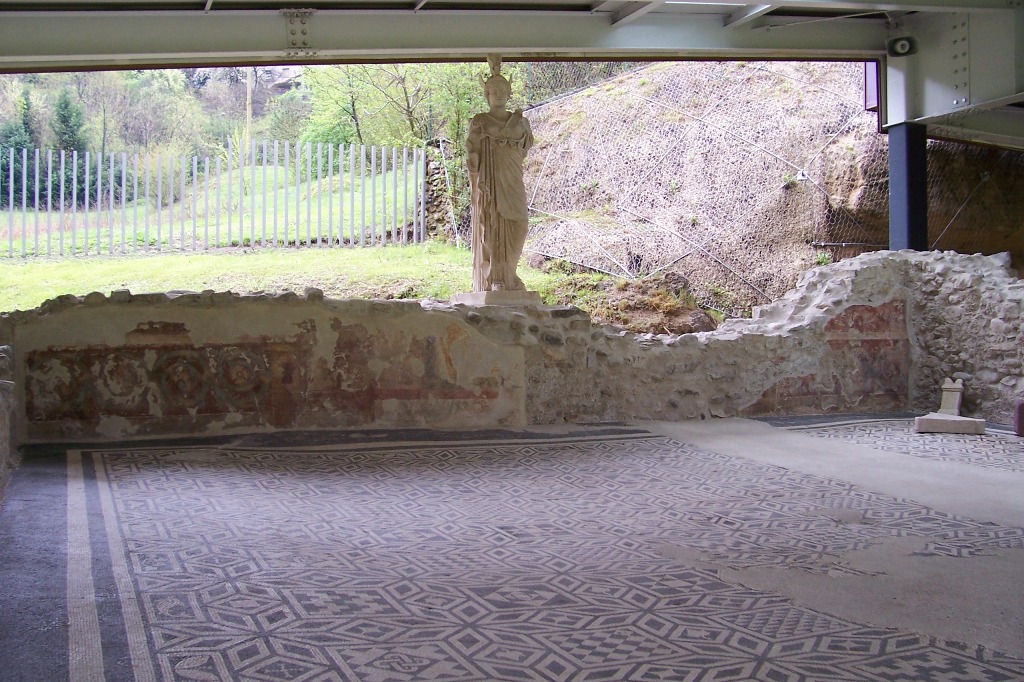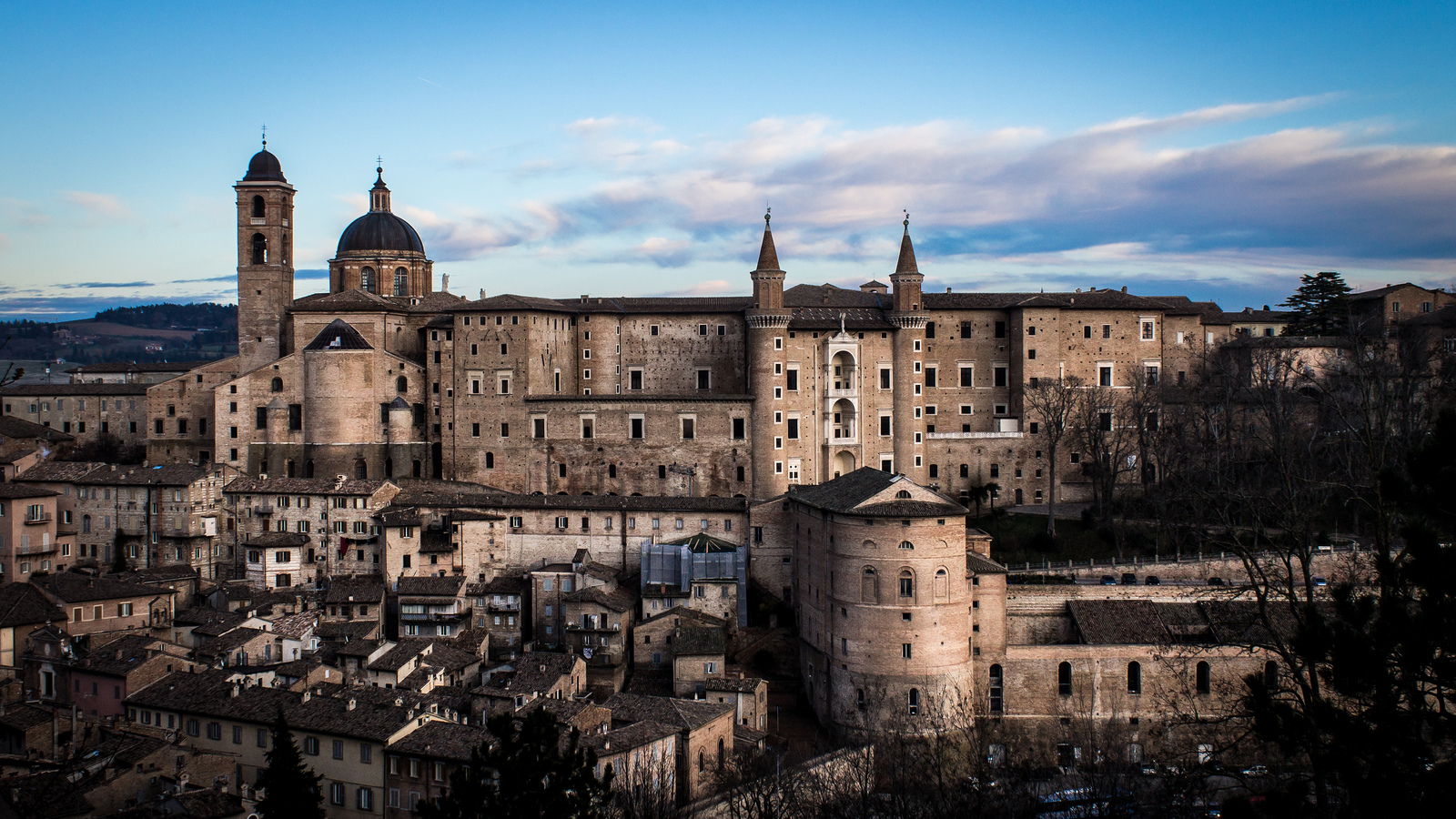The Paleolithic park of Atella is located in the heart of Basilicata, a short distance from the cemetery of the small town of Atella, whose foundation dates back to the third century BC.
The naturalistic scenery in this area is wonderful, green hills that frame the site, together with vineyards and olive groves. Atella in fact rises in a basin formed by an ancient volcano now extinct, the Vulture.
This region is among the most important in Italy for the presence of prehistoric settlements. The Palaeolithic Park of Atella, in particular, is the testimony of a human settlement dating back to about 600,000 years ago. The remains and footprints of an elephant have allowed to discover that here stood a lake around which both men and animals lived, despite the presence of the volcano. Nomadic hunters were also able to kill large mammals such as bison or elephants, separating them from their herds and bogging them on the muddy shores of the lake.
Other finds have allowed to establish that in Atella, as well as in Notarchirico and elsewhere in the area, in the Lower Palaeolithic was very active stone working, in fact were found several stones in flint or pebbles skillfully worked to form weapons or tools. A peculiarity that makes the Paleolithic Park of Atella even more unique and interesting, is that here in the Paleolithic Park of Atella even small flint tools have been found that have never been found elsewhere.
